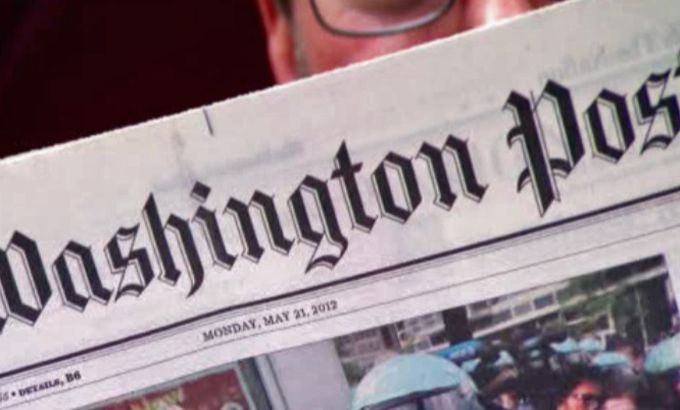
The decline of the US print media
Forty years after Watergate, we look at the Washington Post and the challenges facing investigative journalism.
In 1972, a bungled burglary at the Democratic Party’s office in Washington triggered one of the most famous political scandals in history.
Watergate led to the resignation of Richard Nixon, the only US president ever to do so, and launched the Washington Post into the media hall of fame thanks to the work of two of its reporters on that story.
Since then the names of Carl Bernstein and Bob Woodward have been synonymous with quality investigative journalism. But 40 years later, times have changed. Some say that the Post is a shadow of its former self and that while the paper made its name speaking truth to power – it has now merely become a function of it.
Listening Post‘s Marcela Pizarro takes a look at the legacy of the Washington Post, the decline of the US printed press and the challenges for investigative journalism in a digital age.
| “The future of the Post will inevitably be less storied than its past. It’s almost guaranteed. I mean, I don’t think the people at the Washington Post woke up one day and they said ‘oh we’d like to just have fewer journalists doing less impressive stories, let’s do it that way’. I think that it was something that, because of the business pressures, that became an outcome that they are now grappling with and trying to save this great legacy.”
Sarah Ellison, journalist |